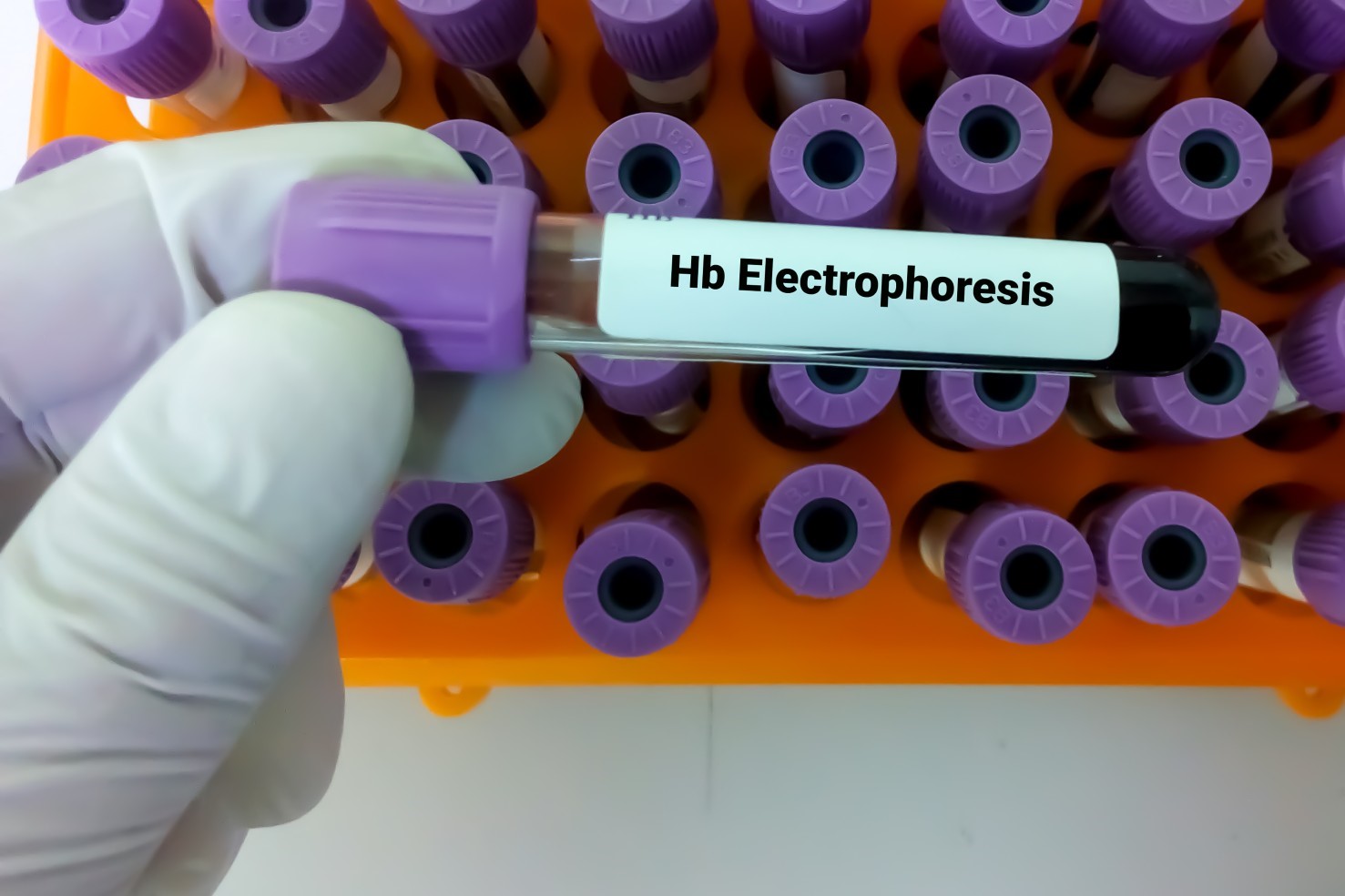
Haemoglobinuria: What is the significance of the presence of haemoglobin in urine?
The term haemoglobinuria refers to the presence of haemoglobin in the urine, a protein that is essential in the blood because it allows the transport of oxygen and carbon dioxide, but which is generally not present in urine
What diseases can be associated with haemoglobinuria?
The following diseases can be associated with haemoglobinuria
- Sickle cell anaemia
- Mediterranean anaemia (Thalassaemia)
- Paroxysmal nocturnal haemoglobinuria
- Favism
- Acute glomerulonephritis
- Renal infections
- Malaria
- Haemoglobin C disease
- Haemoglobin S-C disease
- Thrombotic thrombocytopenic purpura
- Haemolytic uremic syndrome
- Tuberculosis
- Kidney cancer
- Burns
Please note that this is not an exhaustive list and that it would always be best to consult your doctor if symptoms persist.
What are the remedies for haemoglobinuria?
The remedy for haemoglobinuria depends on the condition that caused it.
With haemoglobinuria when to see your doctor?
If you have haemoglobinuria, you should always consult your doctor to identify the cause and determine the most suitable treatment.
Read Also:
Emergency Live Even More…Live: Download The New Free App Of Your Newspaper For IOS And Android
What Is Albumin And Why Is The Test Performed To Quantify Blood Albumin Values?
What Is Cholesterol And Why Is It Tested To Quantify The Level Of (Total) Cholesterol In The Blood?
Gestational Diabetes, What It Is And How To Deal With It
What Is Amylase And Why Is The Test Performed To Measure The Amount Of Amylase In The Blood?
Adverse Drug Reactions: What They Are And How To Manage Adverse Effects
Albumin Replacement In Patients With Severe Sepsis Or Septic Shock
Provocation Tests In Medicine: What Are They, What Are They For, How Do They Take Place?
What Are Cold Agglutinins And Why Is The Test Performed To Quantify Their Values In The Blood?


